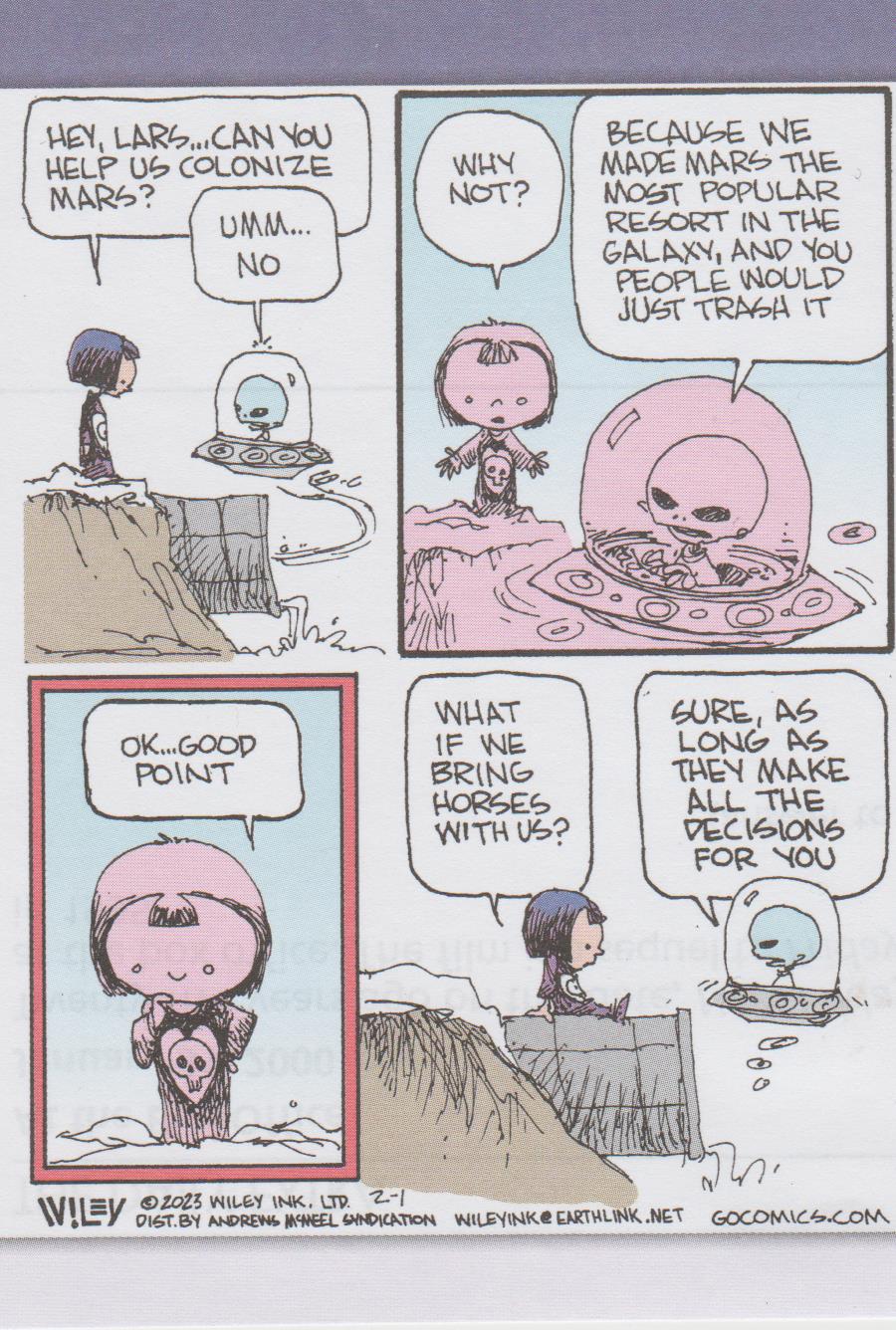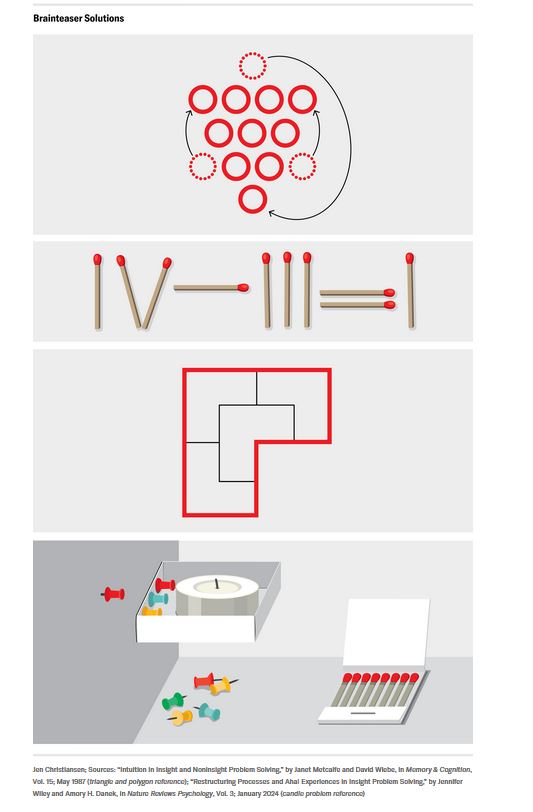This topic is one of those ‘Where did this come from?’ out-of-the-blue subjects no one ever thinks about but, as is his wont, mariner became interested in the process.
As this post is read, is the reader reciting most of the words in their head? If you must recite each and every word in your head – called subvocalizing – you are a slow reader, about 200 words per minute. The average novel has about 100,000 words so it would take the reader just over 8½ hours without stopping, to read an average-sized novel.
Many people who read regularly, whether at work or for pleasure, subvocalize only key words in a sentence, often overlooking tense, adverbs or secondary phrases. Those who read in this style can raise their speed to about 850 words per minute cutting the novel to about 1¾ hours to be read.
Decades ago mariner took a class called “Evelyn Woods Speed Reading Class”. The objective was to learn how to read without any subvocalization at all – which is difficult to acquire. He was able to reach 1,500 words per minute which means he could read that novel in just under an hour. Amazingly, the best students reached around 8,000 words per minute. They could read that novel in 10 minutes. The trouble is that avoiding subvocalization is difficult and the average reader like mariner soon lost his speed down to about 1,000 words per minute.
These numbers sound fictitious but they are true. What brought this speed reading class back from memory is that he realized that if the brain could only use the eye part of the senses and forego all the mental imprints the ear and mouth have endured to learn to read, write and speak, it would be a lot more efficient. As mentioned in a recent post, the reasoning part of the brain is in a different section from the sense-support part of the brain.
This led mariner to marvel at how fast creatures who don’t use organized language must process reality only with the eyes. It is similar to dogs in a way because a dog’s eyesight isn’t that good but the dog’s reality is interpreted through its smell which is 1,000 times more sensitive than a human. [For this reason mariner always sneaks a bite of supper to the dog who is well aware of all the odors of the meal.]
But the real phenomenon is how fast the brain is. AI is a slowpoke. Whatever the creature, using only the eyes to garner information about reality and to resolve circumstances real time is magical. He suspects even the eyes are modified to see a broader visual reality.
Ancient Mariner




